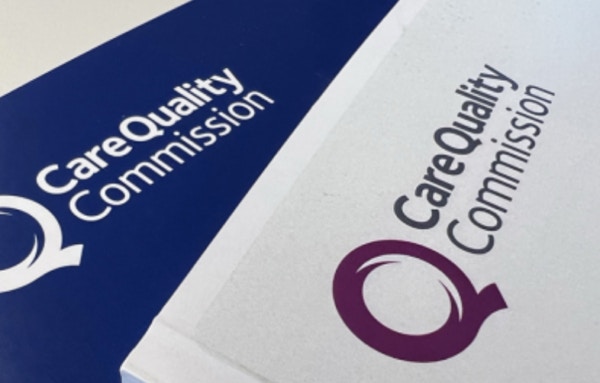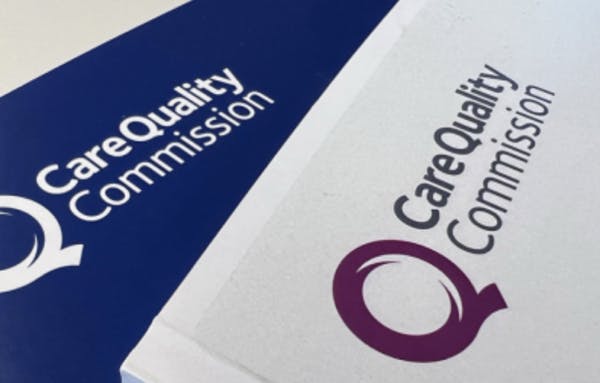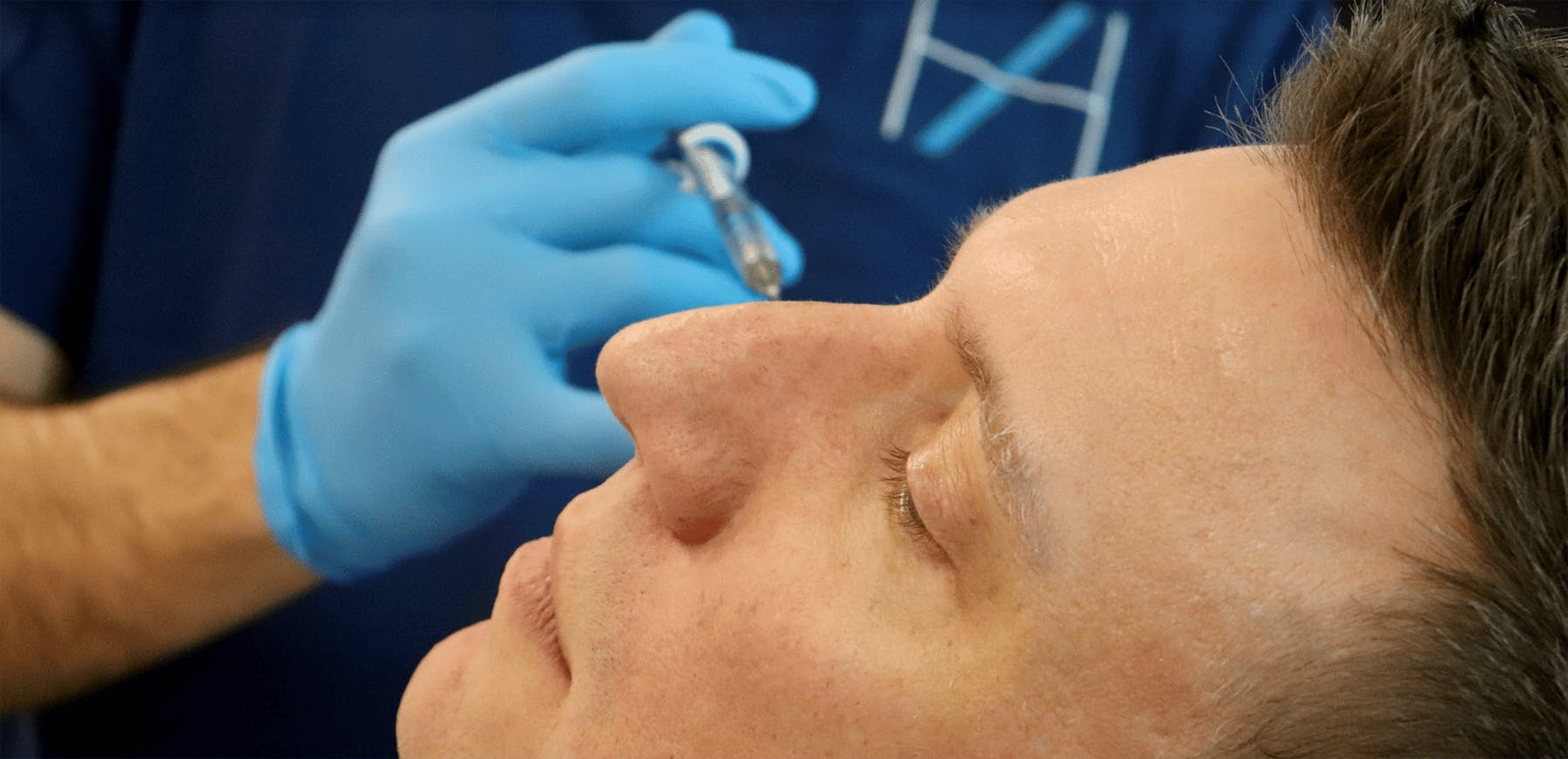When should your Aesthetics Clinic be CQC Registered?

Whether to become CQC registered is a common dilemma for new and experienced medical aesthetic practitioners.
When you first start out in aesthetic medicine, you’ll be carrying out a limited number of procedures. As such, you likely won’t need Care Quality Commission (CQC) registration. This is because the CQC regulates surgical cosmetic procedures and does not regulate foundational non-surgical aesthetic procedures.
As your career progresses, having your clinic become CQC registered may become advisable depending on your treatment menu. Here we explain what CQC registration is and when to consider having your clinic CQC registered.
The CQC does not govern practice by non-medical aesthetic practitioners, so this is not relevant to their practice.
Please be aware that this information is subject to change. You should always consult the CQC directly for up-to-date, personalised advice relevant to your practice. You can also use the CPSA clinical and practice standards as specific guidelines which consider non surgical cosmetic practice.

WHAT IS CQC REGISTRATION?
The CQC is an independent regulatory body that monitors, inspects, and regulates healthcare services to ensure they meet essential standards of quality and safety.
CQC registration refers to the process of registering a healthcare service provider with the Care Quality Commission (CQC) in England. In Wales, it’s the Health Inspectorate Wales (HIW), in Scotland, the Care Inspectorate, and in Northern Ireland, the Quality Improvement Authority (RQIA) who are responsible for similar activity.
WHEN SHOULD I APPLY FOR CQC REGISTRATION FOR MY AESTHETICS CLINIC?
If you wish to offer treatments for which CQC registration is needed, you should look into the relevant criteria. Generally, there’s no need to become CQC registered unless you wish to offer any services that require this.
The need for registration depends on the scope of services provided and whether they involve regulated activities. Regulated activities are defined by the Health and Social Care Act 2008 (Regulated Activities) Regulations 2014 and include activities such as the administration of prescription-only medications. The requirement for CQC registration applies to aesthetics clinics that offer services falling under the scope of regulated activities.
On the CQC website you’ll find a useful summary of what is and what isn’t regulated.
Schedule 1 of the Health and Social Care Act 2008 (Regulated Activities) Regulations 2014 (“the Regulations”) states: “Surgical procedures cover the following procedures carried out by a healthcare professional: surgical procedures for treating disease, disorder or injury; or cosmetic surgery”. As the legislation does not provide a specific definition of “cosmetic surgery”, it can be confusing to know whether CQC registration is required for some of the services offered in more advanced aesthetic practice.
It’s essential to assess the specific treatments provided and determine whether they fall under the scope of regulated activities.

Generally the rules are as follows…
If the treatment is for a diagnosable disease, for example botox for hyperhidrosis or chronic migraine, CQC registration is required
When the treatment is relatively invasive, for example, threads, CQC registration is required
Fillers fall within CQC regulation if being used by a medical practitioner to treat a disorder, injury or disease only. So aesthetic practice is ok as it falls outside this remit.
Hair restoration falls under CQC regulation.
IPL class 3b or 4 used to treat disease, disorders or injury is CQC regulated
Intravenous drip therapy requires CQC registration
Surgical procedures, such as subcision, are CQC regulated so registration is required.
If there is any concern, err on the side of caution and get direct advice from the CQC to avoid legal consequences.
At present, aesthetics practitioners are able to offer upper face botox injections and facial dermal filler treatments for cosmetic reasons, without their clinic needing to be CQC registered.
WHAT TREATMENTS CAN A CQC REGISTERED CLINIC OFFER THAT A NON-REGISTERED CLINIC CANNOT?
The key difference between CQC registered aesthetics clinics and those that are not, is the ability to provide a wider range of treatments.
CQC registered clinics are overseen and regulated by the Care Quality Commission, allowing them to provide certain treatments that fall under more of a ‘medical’ remit than a purely ‘aesthetic’ one.
Other differences between CQC registered and non-registered practices are set out below.
CQC Registered Aesthetics Clinic:
Provides a wider range of medical aesthetic treatments that fall under the scope of regulated activities, such as the administration of prescription-only medications.
Operates under the oversight and scrutiny of the CQC, ensuring compliance with the relevant regulations and standards.
Requires adherence to the CQC’s fundamental standards for care, including person-centeredness, safety, effectiveness, responsiveness, and leadership.
Demonstrates a commitment to maintaining a safe and high-quality environment for patients.
Has registered medical professionals (such as doctors or nurse practitioners) who are accountable for the care provided and are subject to professional regulation.

Non-CQC Registered Aesthetics Practitioner:
Typically offers non-medical aesthetic treatments that do not involve regulated activities or prescription-only medications.
May not be subject to the same level of oversight and regulation as CQC registered clinics.
May not have to adhere to the specific standards set by the CQC, although they are still expected to provide safe and ethical care.
The qualifications, training, and expertise of non-CQC registered aesthetics practitioners can vary, so it is important to research and choose practitioners with appropriate credentials and experience.
WHAT ARE THE BENEFITS OF CQC REGISTRATION FOR MY AESTHETICS PRACTICE?
In addition to being able to offer a wider array of treatments, CQC registration acts as a seal of medical approval for your aesthetics practice.
It may also put you in a good place for licensing laws when they are introduced.
This achievement is an indication of the high safety and patient care standards your practice represents. It shows that you run an officially regulated, medically-led aesthetics practice.
Sharing this information with patients, and potential clients, can inspire trust and reassurance. It also helps you to stand out from both non-medic injectors and medical aesthetics practitioners who aren’t CQC registered. This makes it a fantastic marketing tool!
All information correct at the time of publication
Download our full prospectus
Browse all our injectables, dermal fillers and cosmetic dermatology courses in one document
By submitting this form, you agree to receive marketing about our products, events, promotions and exclusive content. Consent is not a condition of purchase, and no purchase is necessary. Message frequency varies. View our Privacy Policy and Terms & Conditions
Attend our FREE open evening
If you're not sure which course is right for you, let us help
Join us online or in-person at our free open evening to learn more
Our Partners













STAY INFORMED
Sign up to receive industry news, careers advice, special offers and information on Harley Academy courses and services

